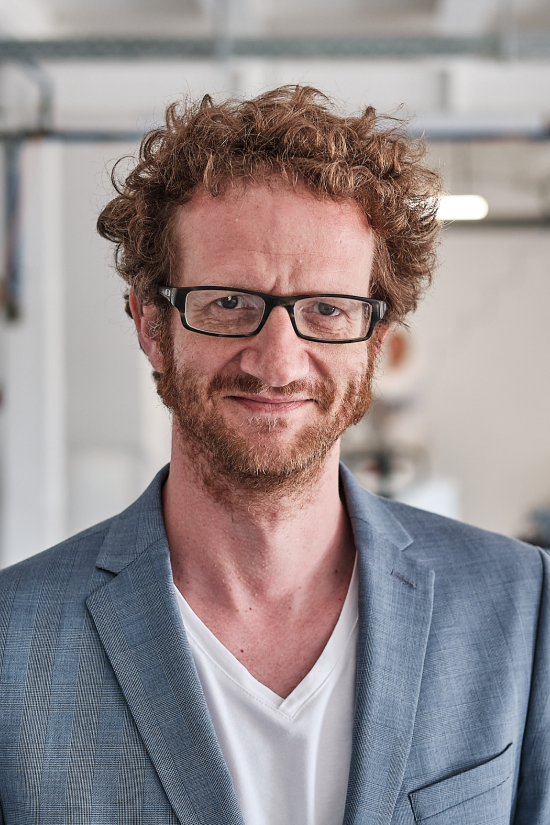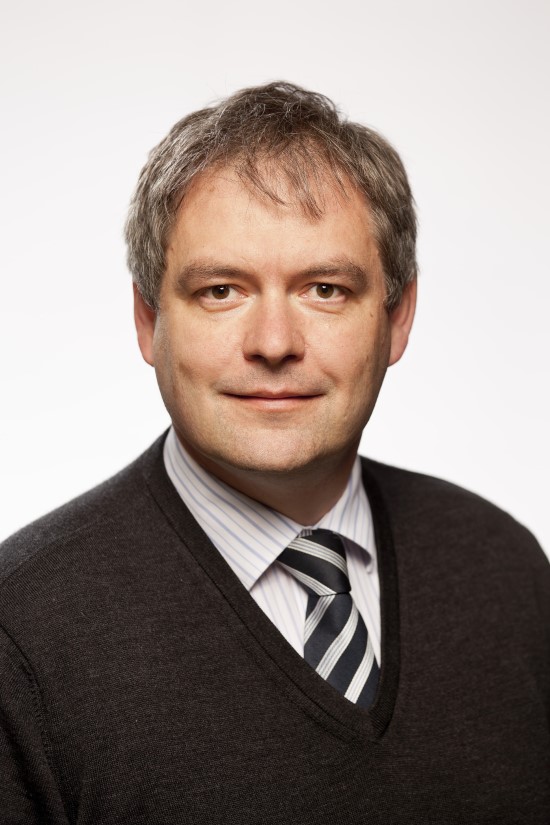ESy-Labs
The Germany-based start-up ESy-Labs GmbH is using electrosynthesis as a platform for the synthesis of chemical compounds. The direct use of electricity for the conversion of both organic and inorganic chemicals allows for an innovative and resource-friendly approach to the production of these resources. By diving deep in this field, ESy-Labs has been able to bridge the gap between academic research to industrial application by obtaining unique optimized processes that uphold some of the key concepts of sustainable chemistry.
Year of Foundation:
November 2018
Addresses the following SDGs:
SDG 7 (affordable and clean energy), SDG 8 (decent work and economic growth), SDG 9 (industry, innovation, and infrastructure).



